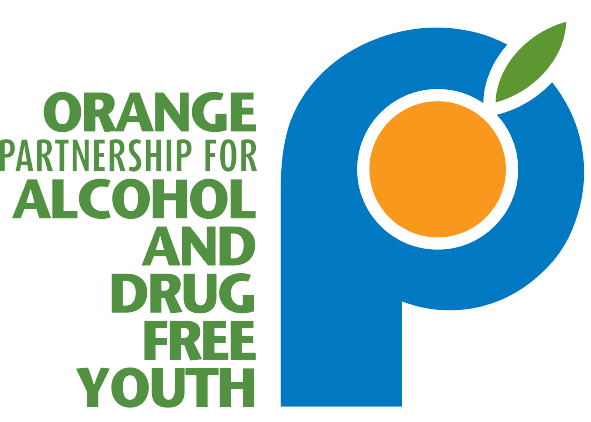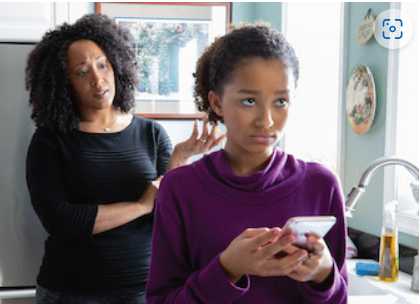Orange Partnership works to prevent youth substance misuse by enhancing protective factors and mitigating risk factors that might lead to youth substance use. The coalition's "Wellness Wednesday" radio interview series, airing on WCHL each first Wednesday of the month, highlights youth substance use data and shares coalition partner resources with the greater community. A few valued partner interviews include Alliance Health, El Futuro, Freedom House Recovery Center, Orange County Health Dept., Insight Human Services, Chapel Hill Police and Campus and Community Coalition. Click here to access interview recordings.

WELLNESS WEDNESDAY
Lunch and Learns
Spend your lunch hour listening to our coalition partners share their collective resources and discuss youth mental health and substance use, and suicide prevention and interventions. Orange Partnership strives to prevent the early onset of substance use by addressing root causes.
October Lunch and Learn: Youth Substance Use
September Lunch and Learn: Mental Health Awareness
Youth Drug Trends
More adolescents use alcohol than tobacco or marijuana. 30% of high school students reported having their 1st drink before age 15. 50% of those who reported drinking, said they binged on alcohol. And 20% of middle school students reported getting access to alcohol from their own home, or from someone else's home.
However, rates in teen vaping increased dramatically from 2017-2019. A concerning trend has emerged among middle school students, with the significant rise in the use of any tobacco product reaching 6.6% in 2023, up from 4.5% in 2022. And 64% of high school current nicotine users have also vaped cannabis.
What's concerning?
Product packaging and advertising make substances more appealing to our impressionable youth and normalizes the behavior. On-the-go pre-mixed drinks, sweet flavoring, and easy-to-disguise vape devices are readily available.
Know the Harms
The adolescent brain is not fully developed until age 25. When youth engage in substance use, the brain region responsible for decision making, moderating social behavior, and personality, is particularly affected.
Additionally, the aerosols in e-cigs/vapes include heavy metals such as lead, nickel and zinc, and cancer-causing substances such as benzene. A recent study found that half
of the 56 devices tested produced vapor that contained lead,
at levels
above federal government limits.
How to Help?
3 out of 4 teens say their PARENTS are the leading influence on their decision about drinking alcohol or using other mood-altering substances. Talk early and often to your kids about substance use and don't provide alcohol to your teens at home.
Mental Health Awareness
Orange Partnership kicks-off its "Wellness Wednesday" radio interview series and brings awareness to September's National Suicide Prevention Awareness month. Through the collective voices of its valued partners, the coalition's goal is to disseminate important messages to the community about promoting mental health and preventing substance use in youth.
Mental Health Campaign highlights:
- “988” Suicide Lifeline bus advertising installed on several Chapel Hill transit buses, with messages de-stigmatizing mental health language and encouraging friends to check in.
- News of Orange article announcing campaign kick-off. Link to article: Orange Partnership provides events to mark Mental Health Awareness | Community | newsoforange.com
- WCHL radio interviews promoting "Wellness Wednesdays" which allows coalition partners to share resources about mental health and substance use.
- WCHL
Radio PSA's recorded
by coalition partners,
reminding young adults in crisis of the “988” Lifeline, access to smoking cessation resources, and substance use interventions.






